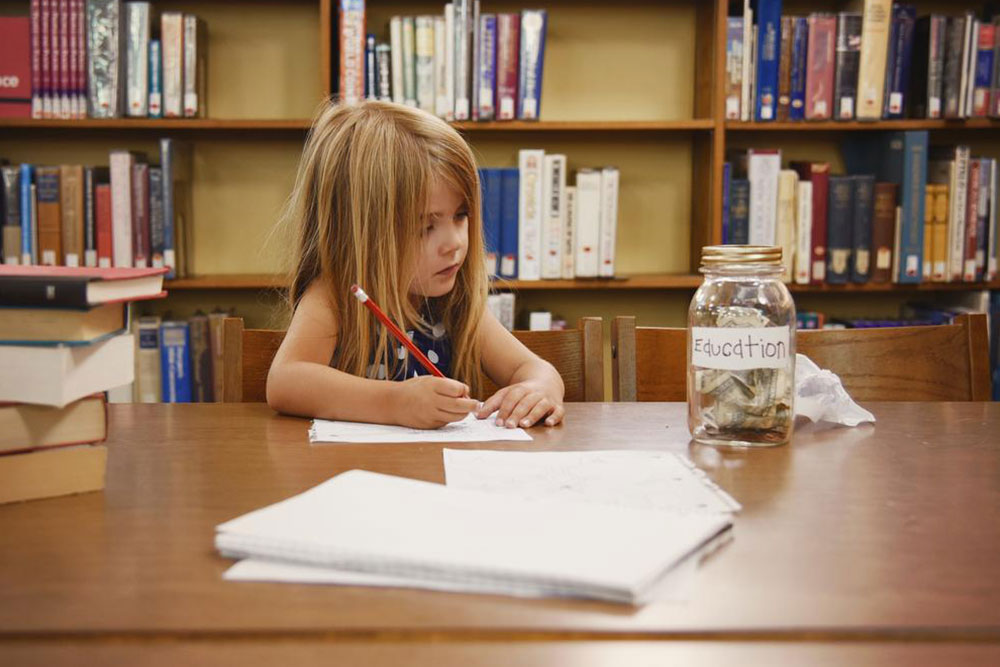Comprehensive Guide to Opening Your Child's First Bank Account and Teaching Financial Responsibility
Opening a child's first bank account is a pivotal step toward fostering financial literacy and responsibility. This comprehensive guide covers practical steps, educational tips, and bank selection strategies to help parents introduce their children to smart money management from an early age. Learning about savings, budgeting, and responsible spending through engaging activities and suitable banking products prepares children for lifelong financial independence and stability.

Essential Steps for Establishing a Child's First Bank Account
Opening a bank account for your child is a significant milestone that promotes financial literacy from a young age. It offers children a practical understanding of money management, savings, and responsible financial behavior. For parents, it provides peace of mind, knowing that their child's financial foundation is being laid early. However, to make this process effective and beneficial, it requires thoughtful planning, thorough research, and active involvement. This guide provides an in-depth look at how to successfully open and manage your child's first bank account, ensuring they develop healthy financial habits that will serve them well into adulthood.
Let's delve into detailed steps and useful tips to set your child on the path to financial responsibility.
Begin with age-appropriate financial education. Use simple language to explain core concepts like savings, budgeting, and basic investing. Practical demonstrations using allowances or gifts make these ideas tangible and relatable for your child.
As children start receiving allowances, gifts, or money from relatives, parents have a valuable opportunity to teach essential financial skills. For example, setting short-term goals like purchasing a toy or a game can make saving exciting and rewarding. Long-term goals, such as saving for a special trip or major purchase, instill patience and discipline. Handling allowances, encouraging regular savings, and setting targets help children understand the importance of financial planning. By involving them in the process, you cultivate an early sense of financial responsibility, which benefits their future economic stability.
Research local banks to identify the best account options for minors. Many financial institutions offer tailored accounts designed specifically for children and teenagers, often with attractive features such as no minimum balance, educational tools, and engaging interfaces to make banking fun and educational.
Gather all necessary documents before heading to the bank. Typically, you'll need identification for both parent and child, proof of residence, and possibly the child's birth certificate or social security number.
Attend the account opening session together with your child. Ask the banker to clearly explain the account features, fees, and benefits. This not only ensures transparency but also makes the process educational and engaging for your child, encouraging their active participation in financial decision-making.
Inquire whether the bank offers a debit card for minors. If available, opt for a card that features your child's photograph, making it more personalized and exciting. Having a debit card helps children understand spending limits and the importance of responsible usage.
Additional Tips for Nurturing Financial Responsibility: Consider setting up automatic monthly transfers from your account to your child's bank account. This practice simplifies saving and reinforces the habit of routine deposits. Teaching children to deposit cash regularly—whether through visits to the bank or mobile banking apps—strengthens their sense of ownership over their finances. Opening a recurring deposit or fixed-term savings account is also an excellent way to enable your child to experience the power of compound interest early on, making their money work harder for them.
Introducing children to financial management at a young age is a smart investment in their future. The habits they develop today will influence their financial stability and independence tomorrow. An early start with a dedicated bank account builds confidence, responsibility, and essential money skills that last a lifetime.
Stay ahead of the latest banking trends and financial innovations by following our social media channels. Like our Facebook page and follow us on Twitter for more insights into personal finance, banking tips, and educational resources to help you and your family thrive financially.





